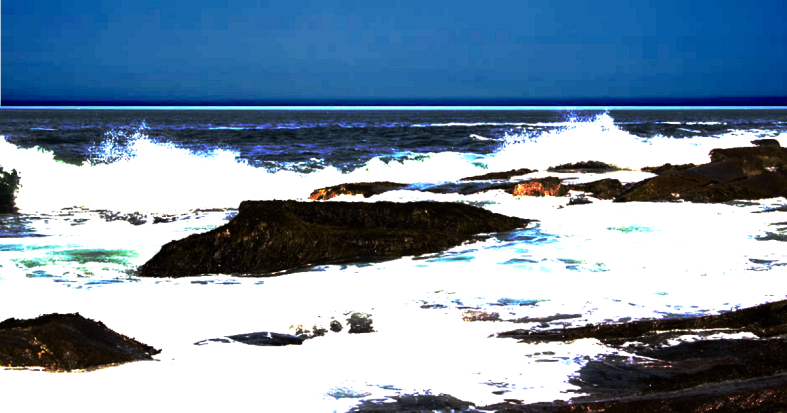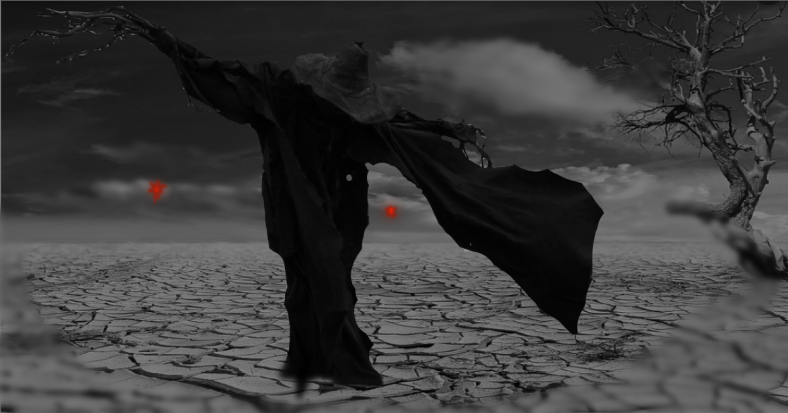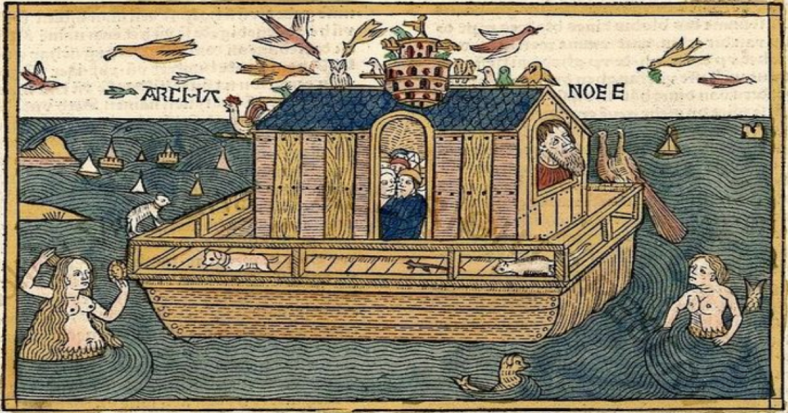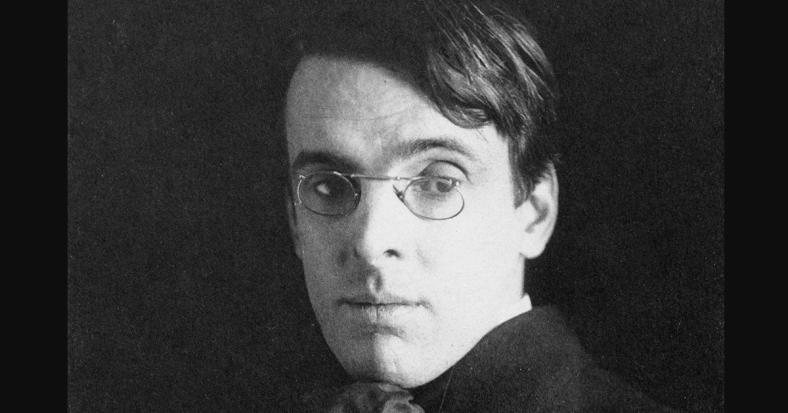This Week’s Prompt: 104. Old sea tavern now far inland from made land. Strange occurrences—sound of lapping of waves. [“Vacancy at the Fenrick Inn” by F. Omar Telan]
The Prior Research:Dutch Tales About the Sea
This story brought to you by our patrons on Patreon.
The light house of the Shellburg family was the only famous thing they still had to their name. Old sea charms still hung from the poor family home, occasionally jostled by the playing children. Joseph and his brother, Maurice, remembered the jade statues from China, the gold from the New World, and ivory chess pieces from India. But then they killed the sea.
The children of the town often wonder at the lighthouse now, miles and miles away from and jutting out of a church, a looming steeple. No light shines from it anymore, but a dolling sound is heard every hour, ringing from its sturdy foundations. They don’t rember that the rocking outcroppings they play on were once buried beneath the ocean waves, who’s shore washed over their school. When their older they learn such fanciful things, when the world feels more certain.
And when the sea died, the sailors moved with it. For the most part, they went with the tide, towards new docks and ports, where their trade was still of worth. But Captain Shellburg was growing old for the sea, and the work of a farm seemed to his liking. When the new land was laid, he set up home around the lighthouse his brother manned, and bought land from the Livington family.

Joseph Shellburg cursed his grandfather’s memory. For the Captain, as he was known among the family, knew little of land and was perhaps swept up in romantic memory. He bought land worth little, marshy land on which little grew. Nothing of worth, the Livingtons boasted in the bars, ever came from Shellburg soil.
And so fortunes dwindled, portion by portion. At last, they had to sell the land, retreating up into the great lighthouse that now looked over farmland for miles around. Joseph had protested the last indignity by the Livington family, who had asked that the house be scrapped. It was an unsightly thing, they said, and served no real purpose. The new church needed a steeple, they said, and there was plenty of stone to be found in the old light house.
It was the priest, Edward, who suggested otherwise.
“We perhaps do not need a new tower—rather, could we use the lighthouse itself? Build round it. It has such a lovely few of the town.” Father Edward said, his constantly shaking hands stroking his chin. “And of course, we are called to be fishers of men. The tower once lead ships to shore, perhaps its bell will call souls to salvation.”
Joseph was thankful, especially when he secured work for his son as the bell-ringer—he himself had found employment with the little food that did grow on the land. Still, he loathed that bell as it woke him from his recollections every hour. An ultimate charity, yes, but a reminder of what had been lost with the sea.
The bell tolled five times, as Joseph looked up from the field. The sun was still high in the sky. But he had worked the agreed amount, and collected his share from Coreman. The Coreman’s farms were not the best off, but Joseph would rather work to aid a poor man than beg for scraps from the Livingtons. He already had to see them at the inn, he would loath to see them during the day.
At Roger Coreman’s request, Joseph brought in some water from the well for the evening. And it was then, while walking to the well and the tree, that Joseph saw something strange. A gull circled over head, landing on the top of the well and squawking.

“Run along, little bird.” Joseph said, tossing a stick at the gull. “There is no sea here, no fish for you.”
The gull fluttered away but stayed a moment longer, squawking defiantly. Joseph threw a stone to frighten the creature off. It would starve, Joseph thought, among the farms so far from the shore.
He lowered the bucket down into the well, deep into the fresh water. After a moment he raised it back up—and the rope shook violently. Staring down, Joseph saw…a shape in the water dark, moving and shaking the bucket. He frowned as the bucket came up—and found a squirming scaly fish within. Carefully, Joseph removed the fish.
“Ah, did he drop you in here? What a strange present from an old gull.” Joseph said, frowning. “But you need not suffer like me. Let me set you back, into your little sea.”
And he gently lowered the bucket back down. When he came up again, the water was clear and clean as it ever was. He brought it back to Coreman, who thanked him and paid a little extra for the small favor.
Joseph set back towards the town center now, ragged and worn. He met Maurice at the entrance, as a toll rang out from the old light house. His younger brother was wideshoulder and prone to smiles—and had found an old sight in the town. A black cat, purring as he scratched beneath its chin.
“Ah, they’ll be calling us witches again if you do that.” Joseph said shaking his head.
“Oh, but look at the poor thing.” Maurice said, reaching behind the ears. “Remember, when there were dozens of these?”
“Yeah, two for a ship, catching rats and the like.” Joseph said, admiring the cat, it’s white star chest born proudly. “But people talk.”
“Let them talk.” Maurice said, waving his hand. “There isn’t any witchcraft in cats, no more than there was in our knots and charms from the ships, nor in the old driftwood we played with.”
Joseph nodded. The Livingtons liked cats—everyone in town liked cats. But black cats brought storms, and witches. Joseph had a hid a few wild ones as a child, but they all eventually vanished.
“Fair, fair. Keep it out of sight, I’m hitting the old Mermaid.” Joseph said, waving him off and holding up his extra pay. “Enough to make the place tolerable.”
“I’ll catch up.” Maurice said, the cat having settled and curled up on the barrel.
The old Mermaid had once been a rickety wooden tavern, but in the generations since the Captain, stone had been laid around it’s foundations. It was an impressive building now, pillars on the front, a carving of a twin-tailed mermaid atop the entrance. The lights inside were still warm, and the bartender still fond of the Shellburg family. Inside, it hadn’t changed at all. The tables were the same, some cracked and wobbly. The booths at the edge were new, but little else.
Joseph even heard the tide sometimes, sitting with his drink. A dull rumbling, sloshing sound beneath the floorboards. He took a drink and sighed, waiting for Maurice to come back. No doubt smuggling in the black cat.
He blinked at the taste of the beer, staring down at the cup. The taste of seaweed in it. And a salt-smelling wind battered on the doors and windows. As the bell tolled, he even heard…a dull roar. Foam rose from the cracks for a moment, a fog out of the floorboards.

Joseph stood up, as the room seemed to rock. A roar grew outside. Louder and louder. He reached the door, the ground sinking beneath his feet. His shoe nearly stuck in the new muddy stone. The sound, the dreadful sound—there it was. Growing from the North, like a roused lion. Transfixed, he barely noticed Maurice pulling his jacket back, black cat around his back.
“Flood!” Maurice shouted, as he ran, to drunken patrons and confused passersby. “Flood! Get to high ground!”
“Flood?” One of the Livingtons said, and laughed. “Don’t you know, boy—the sea is dead!”
Maurice was frantic in pulling his dullard older brother up and up to their only home, the tolling light house. He shouted and railed, but none would believe him that a flood was coming. Even as seagulls circled and settled atop the roofs. Even as the ground heaved and sank and slipped. Even as the darkness of night settled over the land, only the rounding bell to guide them up.
The sea roared to life, swallowing field and home, waves crashing over roofs—only the lighthouse remained.
This story is one of my favorites, even if I think it’s half finished. I think at the moment, its a bit too slow and not quite odd enough–the tension doesn’t build appropriately, and the ending is a bit sudden. But it has more promise than most! Next time, a return to a common topic of our research–the hungry dead!




